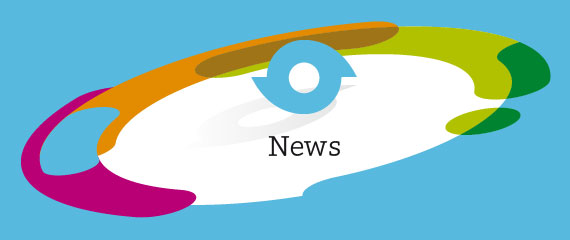Meet the Expert: Elena Burgos Martinez
Since September 2018 dr. Elena Burgos Martinez is the coordinator of the LeidenGlobal PhD & ResMA Course ‘Discipline and Place in the Social Sciences and the Humanities’. Discipline and Place’s 2019/20 edition starts on September 17th so LeidenGlobal spoke with Elena about her background and her position in Leiden.
Originally from Spain, Elena is an environmental anthropologist and sociolinguist who engages in interdisciplinary and multidisciplinary research by combining the topics of sustainability, island languages, and identity. Her research aims to offer a contrast to land-based research and theorising and is focused mostly on maritime environments: small islands and archipelagos around North-eastern Indonesia, the Indian Ocean and the North Sea. This summer she was invited by several Indonesian universities to give guest talks on maritime studies, language vitality and ethnographic research.
Before coming to Leiden, Elena worked at Durham University’s anthropology department (England, UK), where she also conducted research on accent profiling and access to higher education. As an Indonesianist, she then decided to transfer to Leiden to be able to work with Indonesian colleagues and access Leiden’s wide range of experts and collections. Leiden also offered the possibility to exit disciplinary boundaries and teach at multidisciplinary programmes, such as Asian Studies and International Studies.
Key to both her research and teaching, are the concepts of decoloniality, positionality and reflexivity. For her Anthropology PhD, Elena conducted ethnographic research in and around small islands in Eastern Indonesia, where she lived for two years. During that time, she had to deconstruct concepts such as ‘language’ and ‘identity’ to better suit fluid island peoples and places. For the past seven years she has focused on the need to tackle the colonial legacy of contemporary academic knowledge, power imbalances in the representation of ‘others’ and the complex dynamics of universities and their local settings.
Elena considers LeidenGlobal as a very fluid, multidisciplinary institution that is not just limited to a specific department and/or field of study within Leiden University. The course ‘Discipline & Place’ is, thus, a safe space to talk about positionality and efforts to decolonise curricula in academia. She sees a disconnection between academic knowledge, that has been normalised and is seen as a “higher” type knowledge (or education), and the actual experiences of people, including students. Spaces like the course ‘Discipline and Place’ involve guest speakers from diverse backgrounds, which creates a safe platform where students can identify themselves and recognise clear connections to established scholars, enabling them to feel connected to the institution where they are based: Leiden University.
written by LeidenGlobal Intern Jemima
September 2019

